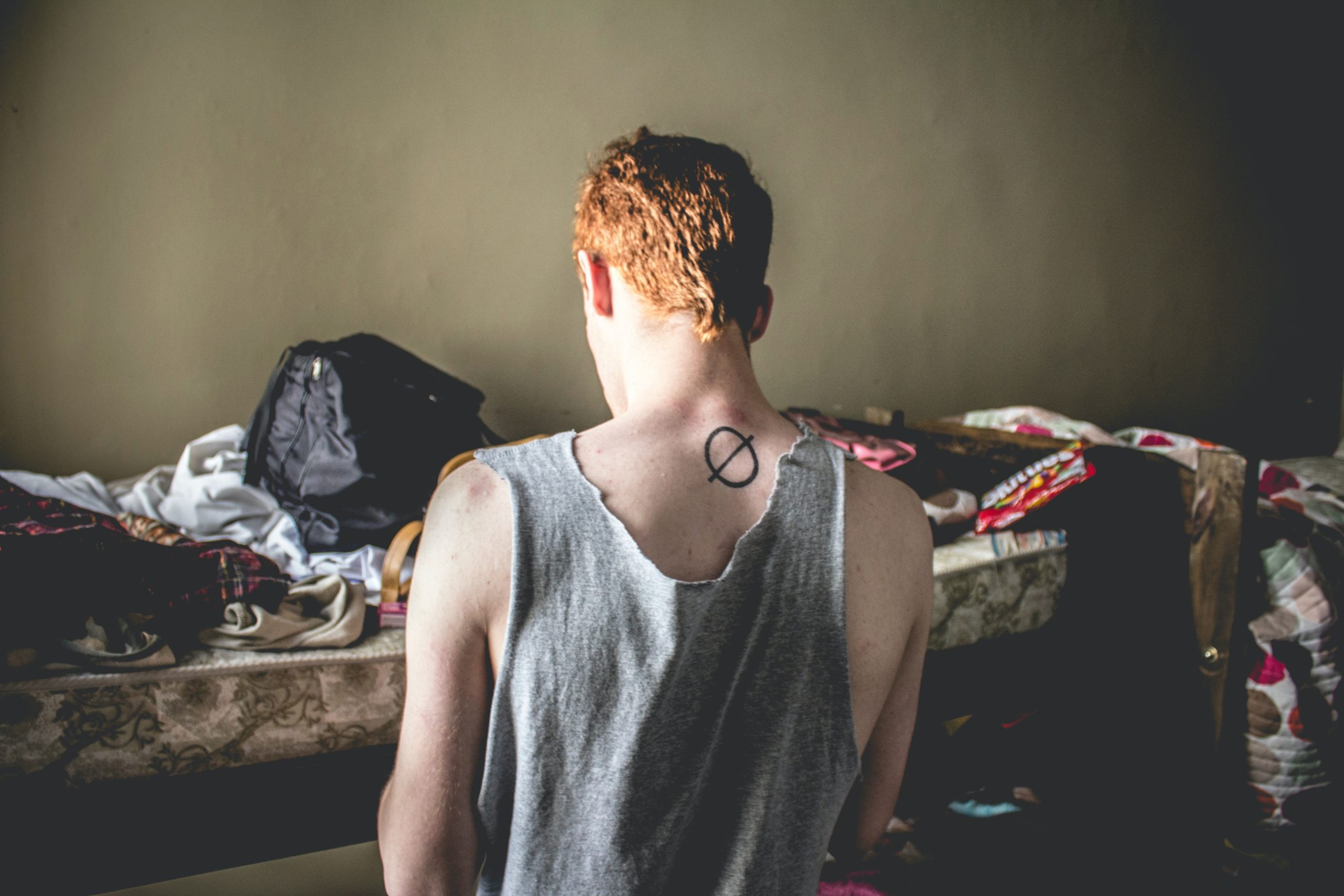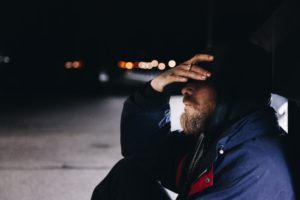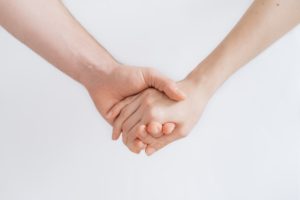Understanding Your Treatment Options For Addiction To Opioids

As the world tries to adjust to the rapid requirements that the COVID-19 has placed on it, many people — and not just those who are fighting diseases — are unable to cope with the shock of having their lives upended by the pandemic.
People who are addicted to opioids are no exception, however addiction is potentially deadly and this unhealthy coping grows rampant during times of isolation.
According to the British Columbia Coroner Service, the province reported 170 suspected drug toxicity deaths in May 2020 This is the highest monthly overdose death rate ever recorded in British Columbia and it seems to be connected to both increased fentanyl concentrations in street drugs compared with previously and the current pandemic crisis isolation.

Isolation: Fueling the Addiction Pandemic
Being socially isolated while living in fear of your life is immensely stressful, not just for people who are addicted to illicit drugs, but also for people who have never used narcotics or opioids. It can incite addicted people to use more, recovering people to relapse, and non-drug users to start using drugs to cope.
Previously, addiction treatment was mostly concerned with getting rid of physical symptoms. Today, though, experts acknowledge that social phenomenon impacts addiction behaviour just as much as chemical hooks. Outpatient and Inpatient treatment facilities are open and operating but under social distancing regulations, limiting numbers of people who can use the services when they need them. So, while need has increased, timely treatment options are currently diminished.
It is easy to understand how people who have compulsive addictive personalities and those who have mental health issues such as anxiety and depression (which are common in people coping through drug misuse) may fall into a pattern of increased self-destructive behaviors.

Treatment Options for Opioid Addiction
Although the opioid crisis is alarming, many opioid rehabilitation facilities boast a 70% success rate and 15% to 30% relapse rate. Most successful programs offer medication-assisted treatment options to manage opioid withdrawal symptoms such as prescribing drugs like naltrexone, buprenorphine/naloxone, and methadone.
Naltrexone: is an opiate antagonist which blocks the effect of opioids, including feeling of well-being or pleasure and pain relief. This drug is used to reduce dependency on opioid medication and prevent relapse when the opioid medications are stopped.
Methadone: is a long-acting opioid drug which is used to replace the need for short-acting opioids like fentanyl, heroin, oxycodone, or hydromorphone. Methadone is slow-release medication and stays longer in the body for up to 24 to 36 hours. It can reduce symptoms of withdrawal without making a person feel euphoric and help people regain control of their lives.
Buprenorphine/Naloxone: Buprenorphine and naloxone are long-acting drugs that work in a similar way to methadone. These drugs are usually administered in the form of Suboxone, a combination pill made from both these type of drugs. Using Suboxone can reduce opioid cravings without making the person feel sleepy or high, enabling those in recovery to become active members of society.
Overdose Prevention Through Naloxone Kits
Naloxone is a powerful opioid antagonist that takes the place of opioids from opioid receptors and restores breathing and consciousness in a patient who suffered from an overdose. After administration of naloxone, overdose responders should stay with the person for a while since in case of high-concentration fentanyl related overdose, the standard dose of naloxone may not be sufficient. Therefore, breathing help and other treatments may be required from responders to reverse the overdose.
Aside from medical staff, people within the community should also be equipped with naloxone rescue kits. The reasons are:
- Family, friends, and anyone in the community can intervene in case of an overdose.
- Overdose can lead to oxygen deficiency in the brain or hypoxia, so the sooner the person gets treatment, the better.
- Naloxone kits are also important tools readily available for people who are reluctant to call for help for fear of arrest or legal consequences.
As a community, it is our responsibility to ensure that opioid misuse victims are not stigmatized, and they get the appropriate help in time.

Connection and Support Can be Life-Changing and Life-Saving
So how can we help each other? How natural for all of us to feel the need for human connection! This desire is universal, and we can still maintain connection despite keeping our physical distance. It is good to talk to friends and family regularly as it can help everyone feel less alone.
Society must stop stigmatizing people who are struggling from drug addiction and misuse as this, coupled with the isolation, can spiral them into a vicious cycle of self-abuse. As we adjust to the pandemic, we should also try to be more supportive and accessible to people who are struggling with addiction.
Professionals who are offering drug recovery treatments say a simple phone call may be enough to change a person’s life. Even though groups like Narcotics Anonymous and other 12-step meetings, Smart Recovery and other services are no longer available in community settings, people fighting addiction or drug misuse can get help online or by telephone.
Also, 12-step meetings are now taking place online and can be used by those who have the technology to access it. Phone meetings are also available in some communities. Many recovery centers are offering tele-health services through phone, and professional platforms such as Zoom or doxie.me.
Get Help at Paradise Valley Healing Center Today
For a lot of people, the biggest difficulty comes from not knowing where to find help and make the call. We offer comprehensive, evidence-based treatments for opioid and narcotic addiction, which involves a combination of psychotherapy, skill building, psycho-education sessions, recreational activities, opioid replacement therapy by the Center physician, meditation and therapeutic counselling. For those who suffer from trauma, our therapists specialize in trauma informed therapy. Paradise Valley Healing Center physicians may prescribe medication when evidence based treatment warrants it.
Our main objective will always be to co-assist you in meeting your own healthy objectives, rediscovering your inner strengths, engaging in healthy coping mechanisms, and working with you to establish lifelong-term wellness.
People who are struggling from addiction need to have hope and know that helpful assistance is nearby. No one needs to struggle alone. Paradise Valley Healing Center treatment works and people are recovering, even in the midst of the coronavirus pandemic.
____________________________________________________________________
Understanding Your Treatment Options For Addiction To Opioids. Social isolation, largely a result of COVID-19 pandemic pushes vulnerable people to take increasingly toxic levels of opioids to cope. At Paradise Valley Healing Center, optimum, evidence-based successful treatment is safely available. Call now to learn more: 1 (888) 802-3001.
